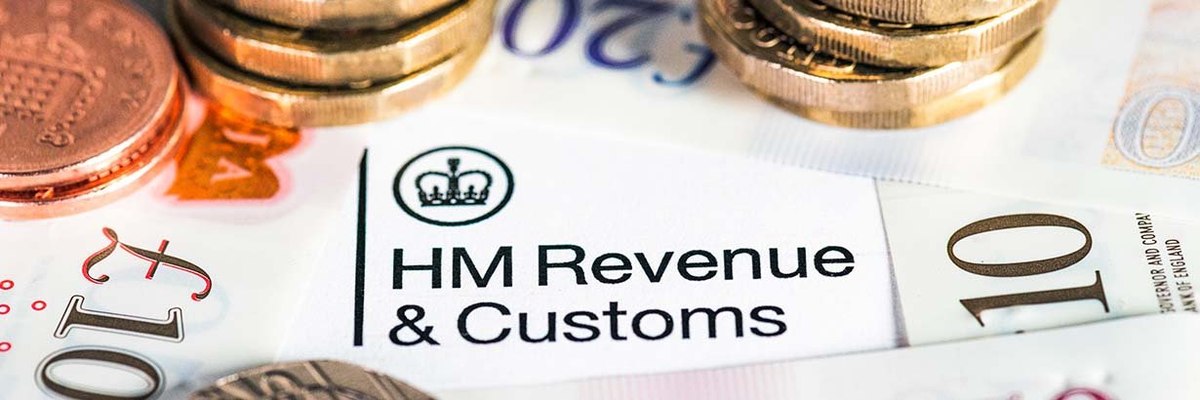Only one in six Britons think the government should increase taxes, but public make an exception for the top rate of income tax, corporation tax and capital gains tax
In order to fill what she has termed a ‘black hole’ in public finances, chancellor Rachel Reeves is expected to make cuts to government spending and undertake as yet unspecified tax rises in this autumn’s budget in order to fill it. But to stay within Labour campaign promises, any tax increases cannot include those on ‘working people’ – VAT, income tax and national insurance. So which taxes, if any, would Britons support Reeves increasing?
Although the public agree – by 58% to 20% – with the government’s argument that cuts in spending are necessary, they are more hesitant when it comes to tax increases. Only one in seven Britons (15%) think increasing taxes is the right thing to do at the present time, with four in ten (41%) believing they should be kept at their current level and three in ten (29%) saying they should be reduced.
Even among those who voted for the government in last month’s election, support for general tax rises stands at just 24%.
Of course, ‘tax’ is not a single thing and the public hold distinct views about different kinds of tax, including whether they are fair or should be raised or slashed. Indeed, while only 15% of Britons favour broad-strokes tax rises, four in ten (41%) think increasing taxes other than the three excluded by Reeves during the campaign (VAT, income tax and national insurance) would be the right thing to do, including two-thirds of Labour voters (65%).
Considering specific taxes individually shows that the majority of Britons would be happy for two taxes to rise – 58% support an increase in the top rate of income tax and 56% favour an increase in corporation tax. Four in ten Britons (41%) also support increasing capital gains tax, slightly more than the 35% who would oppose such a rise.
For other major taxes, only a minority of Britons would support their increase. Against the 36% who would be happy with an increased higher rate of income tax, half of Britons (49%) would oppose such a hike. Only 27% would be supportive of a higher inheritance tax, while between just one in six and one in five Britons (17-21%) would support increases to national insurance, stamp duty or fuel duty.
The least popular increases would be to council tax or VAT, supported by just one in eleven (9%), and the basic rate of income tax, with only 13% of the public favouring an increase.
Although there is a clear partisan component in attitudes to tax levels – Labour voters being consistently more supportive of increasing a tax than Conservatives – even on the right of centre many voters support increasing two taxes in particular.
Half of Conservative and Reform voters (48%) support increasing the top rate of income tax, against around four in ten opposing (40-44%). The two groups of voters break more evenly when it comes to corporation tax – Conservatives splitting 42% to 43% for and against an increase, while Reform voters divide 43% either way.
Why are some tax rises more popular than others?
Central to attitudes towards tax rises are perceptions about the taxes themselves – particularly who pays them and whether they come across as fair.
The three taxes that more Britons support increasing than oppose – the top rate of income tax, corporation tax and capital gains tax – are all ones in which very few report paying them in the last year (2-4%) and which are overwhelmingly viewed as taxes that don’t apply to most people. Only one in six (16%) say capital gains tax applies to most people, one in eight (12%) view corporation tax as applying to the majority and just 7% believe the top rate of income tax widely applies.
By contrast, the three tax increases most uniformly opposed are those which apply to most people. Nine in ten Britons (89-92%) correctly state that the basic rate of income tax, council tax, and VAT apply to most people, with more of the public reporting paying them than any other tax – two-thirds (66%) saying they have paid basic rate income tax in the last year*, three-quarters (74%) saying they have paid VAT and eight in ten (80%) council tax.
In short, people generally support increasing taxes they won’t have to pay, particularly those that apply mainly to the rich. This fits with a wider perception that the rich aren’t paying their fair share, a YouGov tracker from June showing two-thirds of Britons (66%) feel the rich are not paying enough tax, compared to one in five (21%) saying that the rich are paying about the right amount and just 4% feeling the rich are paying too much in tax and should have their taxes cut.
However, this relationship is not perfect. Even though extremely few people (2%) say they have paid inheritance tax in the last year, less than half of Britons (46%) perceive it as a tax that only richer people pay, with four in ten (40%) believing it applies to most people. In reality, less than 4% of estates are currently affected by inheritance tax. Yet this perception of it applying more widely than it does, as well as fewer than a quarter of Britons (23%) viewing it as fair, is likely why fewer people want to see it increased than other ‘rich people’ taxes.
* This closely lines up with data from the Institute for Fiscal Studies, which shows 64% pay the basic rate, 12% the higher rate and 2% the top ‘additional’ rate of income tax.
How do you feel about taxation, the economy in general, and everything else? Have your say, join the YouGov panel, and get paid to share your thoughts. Sign up here.
Photo: Getty








